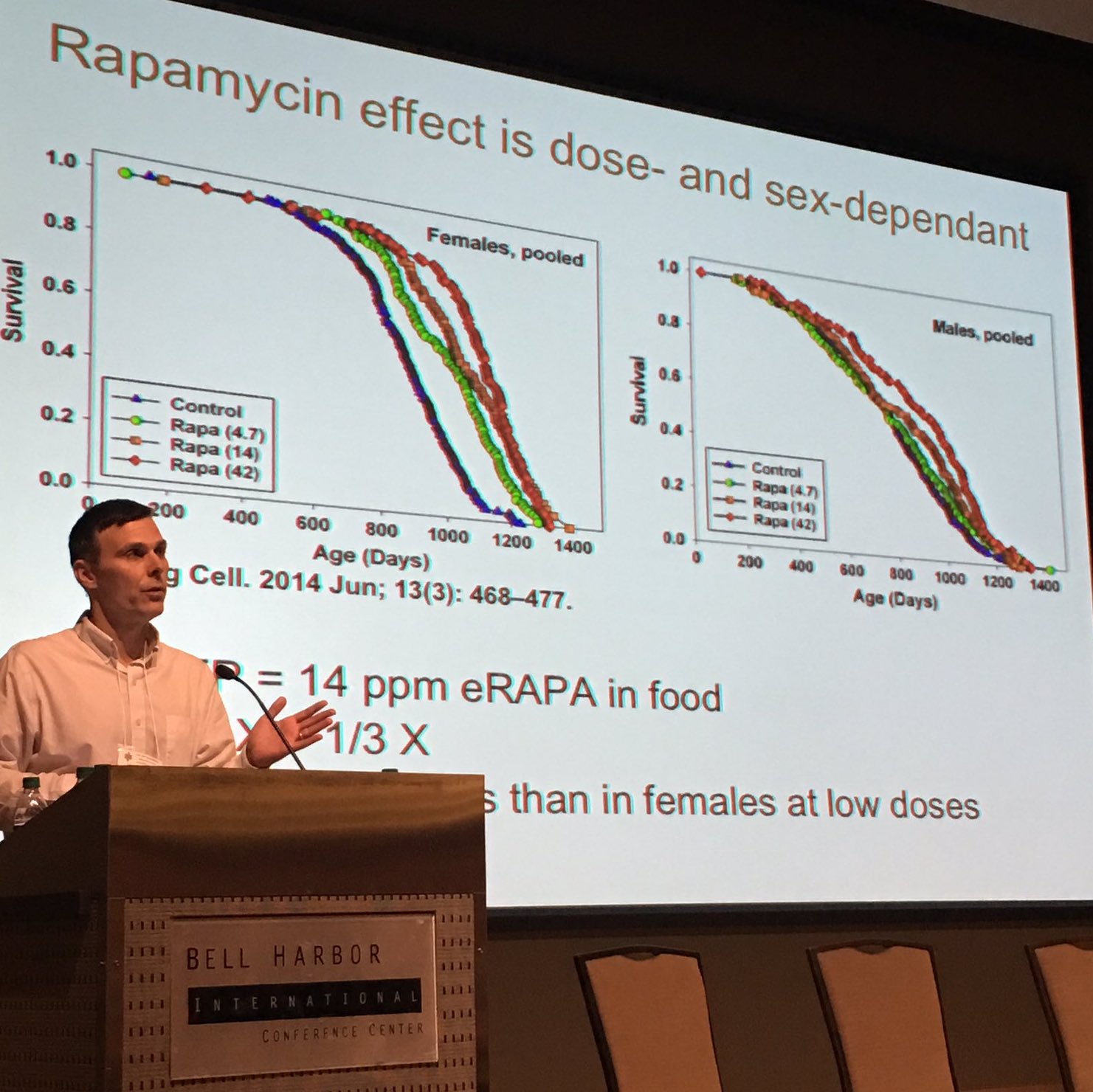The goal of our program is to train investigators for careers in geroscience. Each trainee will learn contemporary research techniques and apply them to research that addresses fundamental aspects of biological aging. At this time, we have annual support for 6 pre-doctoral students and 6 post-doctoral fellows.
Features of the curriculum include:
- Seminar and Proseminar Courses
- BMHA Research Reports & Journal Club
- Graduate level Biology of Aging Course
- Spring Seminar Series
- HALO Annual Symposium
Seminar and Proseminar Courses
Each year the training program strives to invite a spectrum of speakers that represent many of the hottest topics in current aging research. Trainee input is an important part of the selection process. To maximize the trainee benefit from these visitors, a proseminar is held the week before the speaker’s arrival in which one or more of the speaker’s published papers is discussed. Trainees meet with the speaker for lunch on the day of the talk, and after the day’s talk, trainees meet again with the speaker for a detailed question and answer session.
BMHA Research Reports and Journal Club
This biweekly meeting is attended by all pre- and post-doctoral trainees, as well as other interested members of the UW community. Each meeting consists of a 30 minute presentation by one of the BMHA trainees of their ongoing research progress followed by a 30 min presentation by another trainee (or occasionally faculty member) of a current and topical journal publication or meeting summary. This format was chosen so as to enable each trainee to present one of each type of presentation within a 3 quarter interval.
Annual Course on the Biology of Aging
This survey of the field of aging is designed to graduate and advanced undergraduate students with a broad comprehension of the diverse research aspects encompassed by the biology of aging. Some clinical aspects may be included, but it is basic biology oriented. Wherever possible the approach will be cellular, molecular, and include information on both invertebrate and vertebrate animal models of aging.
The initial session will be an introductory didactic lecture. All other sessions will consist of a Faculty or student lead lecture followed by class discussion of 2-3 key papers, previously made available, on the general subject for that session, which rotates among topics such as:
Theories on the role of evolution and examples of the biological manifestations of aging.
- DNA damage and repair
- Oxidative damage at cellular, nuclear and mitochondrial sites
- Mitochondrial metabolism and aging
- Protein homeostasis (proteostasis) and aging
- Stress responses and aging
- Lifespan extension by caloric restriction, genetic and pharmacologic interventions
In addition to discussion each week, every student will pick one of the papers and provide a written ‘peer review’ of that paper.
Pre-Doctoral Training Curriculum
The essence of the training program consists of original research under the tutelage of an experienced investigator. For the case of predoctoral trainees, this is supplemented by both required and elective course work. Such requirements vary among the several participating graduate programs.
We encourage and support the attendance of our predoctoral trainees at appropriate aging-related national meetings, conferences, or symposia in order that they have the opportunity to present the results of their thesis research and obtain exposure to such national forums, including opportunities to discover potential post-doctoral sponsors.
Finally, trainees have access to a large number of visiting scientists who are invited to give seminars by our participating departments or other sponsoring groups (e.g., the Alzheimer’s Disease Research Center).
Trainee progress is monitored via regular meetings (typically weekly with research sponsors, individual lab meetings, presentations at seminars and journal clubs and, in the case of graduate students, via the formal mechanisms conducted by the individual department graduate programs.
Post-Doctoral Training Curriculum
Post-doctoral training is devoted primarily to research in an individual laboratory and is augmented by attendance at weekly laboratory meetings, journal clubs, and seminars.
A programmatic focus is provided by attendance at the Spring Seminar series, the Annual Symposium, and the course on the Basic Biology of Aging. Attendance and presentation at the biweekly Research Reports & Journal Club is also required during those quarters in which it is held.
We also encourage and support the attendance of our postdoctoral trainees at appropriate aging-related national meetings, conferences, or symposia
For post-doctoral trainees, the typical period of research training is 3 years. We anticipate that most of our postdoctoral trainees will obtain positions as independent investigators at universities or sometimes in private sector or government.
